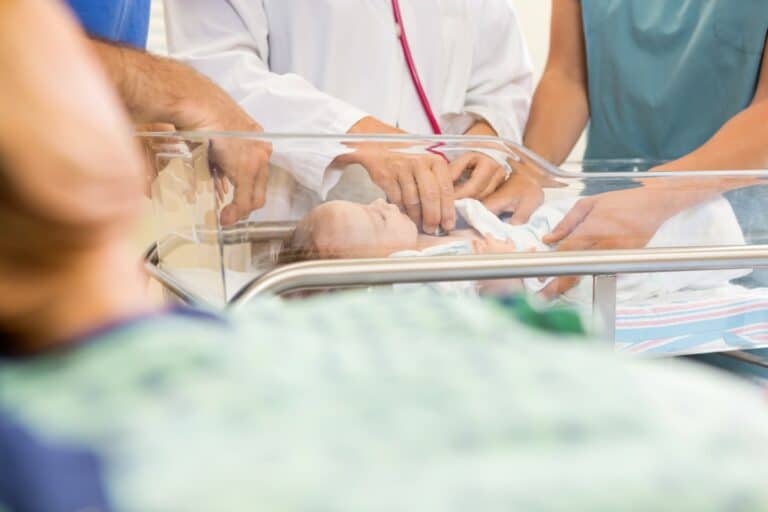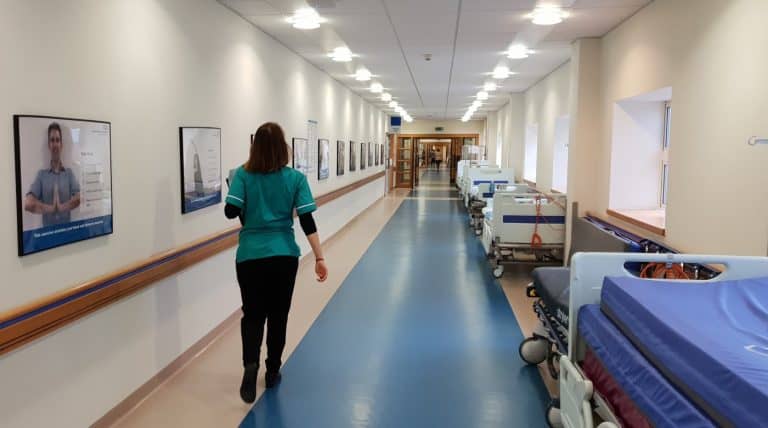
Gynaecological Cancer Awareness Month
The 1st September marked the start of Gynaecological Cancer Awareness Month. Sadly, most people will know someone who has battled cancer and the devastating impact it can cause on families and communities. As with most cancers, usually the earlier gynaecological cancer is caught, diagnosed and treated, the better the outcome for the patient. This month, charities are campaigning to continue to raise awareness so that women who have preventable or treatable disease can catch it early and have the very best change of beating this terrible illness.
Gynaecological cancer includes five diseases that invade different areas of the female reproductive organs; ovarian, cervical, vulval, vaginal and womb (endometrial).
The symptoms of the five gynaecological cancers are:
Cervical – vaginal bleeding, particularly after/during sex, or after the menopause; some women also have persistent vaginal discharge that is blood stained, has an unpleasant odour, or they suffer pain during sex.
Vulval – A lasting itch, pain or soreness in any part of your vulva; thickened, raised, red, white or dark patches on the skin of the vulva; an open sore or growth visible on the skin of the vulva; burning pain when you pass urine; vaginal discharge or bleeding; a mole on the vulva that changes shape or colour; a lump or swelling in the vulva or a lump in the groin.
Vaginal – Bleeding between your periods or after menopause; bleeding after having sexual intercourse; pain during sexual intercourse; vaginal discharge that has an odour or is blood stained; a lump or growth in the vagina or a vaginal itch that won’t go away.
Ovarian – Pain in the lower abdomen or side; persistent bloating or swelling of the abdomen; irregular periods/vaginal bleeding after the menopause; back pain; the need to urinate more often; constipation/change in bowel habits; pain during sexual intercourse; a feeling of fullness, or loss of appetite.
Womb/Endometrial – Bleeding after sexual intercourse or between periods or after the menopause, or vaginal discharge.
Unfortunately diagnosis of gynaecological cancer isn’t always straightforward for a number of reasons. During Bolt Burdon Kemp’s Women’s Health Hub Campaign survey, we found that women are more likely than men to miss doctor’s appointments because of carer responsibilities and that nearly 1 in 10 women said that they had no one to talk to about their reproductive health. It is so understandably easy to postpone a doctor’s appointment when busy lives get in the way. There remains such a stigma surrounding intimate gynaecological health and the symptoms described above, it is sadly not a surprise that so many women feel that they have no one to talk to.
A delay in attending the GP is compounded when the symptoms of gynaecological cancers can be so non-specific. For example, abdominal or pelvic pain can relate to so many conditions. It can be easy to dismiss the pain and try to get on with life. Tragically, this means that by the time some women go to the GP, the cancer is very advanced. The vague symptoms can also make it very difficult for the doctors to correctly diagnose these terrible diseases.
Lack of awareness of the female reproductive organs in society is stark. The void has featured heavily in the news over the last few years. Indeed, earlier this year in a survey undertaken by Bolt Burdon Kemp to raise awareness of cancer, we discovered that 65% of the public could not accurately identify the cervix. The purpose of Gynaecological Awareness Month is to spread knowledge and raise awareness of what these cancers are and importantly what to look out for so that these diseases can be detected at the very earliest opportunity.
I want to encourage everyone, regardless of gender or age, to learn more about these devastating diseases and speak to friends and family to raise awareness. By learning the symptoms I hope these cancers can be picked up earlier and less damage will be caused.










